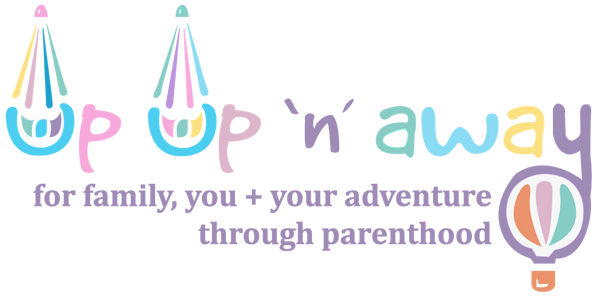Even though your newborn is not very mobile until they are about 3 months old, there are still many ways in which you can monitor and improve the safety around them.
General safety
When changing baby, always make sure that you always keep one hand on their body. This is so that baby wont fall or wriggle off the change table. You should never leave baby unattended when not on ground level, or in a secure enclosure, such as a crib or bassinette.
While there are good reasons people recommend not taking your newborn outdoors (germs. Babies immune systems are fragile things), you definitely can take your baby out and about if you take the right precautions. Dress your baby appropriately for the weather, don’t let people touch your baby (they WILL try) and be careful to not expose baby to prolonged sunlight.
Safety in the home
Generally, safety-proofing your home is one of the most important things to do when you become a parent. The time between when you bring baby home and when baby starts running around and getting into everything in the home will go very quickly. Installing smoke alarms, setting your thermostat to a lower heat, locking up medicines and poisons, installing baby gates and keeping sharp and foreign objects out of reach is a great start to ensuring household safety. You should also get in the habit of keeping doors and windows locked up high; with chairs and other climbable objects away from them, keeping all dangling cords out of reach and keeping copies of emergency contact information on hand.
Outdoor safety
Whenever you are outside, you should take extra care with baby. Exposure to germs in the air and from the general population can be a big factor in keeping them safe in the outside world. You should take extra precautions with very young children, such as keeping a cotton or muslin cloth over their stroller, do not let people touch your baby without sanitising and always make sure to sanitise/use your own covering on any ‘common use’ areas your baby might come into contact with (e.g. public changing stations).
When your child is a newborn, they are always relying on you to keep them safe. Always supervise your child when outside, especially around roads and water, and keep one hand on the stroller so that it cannot accidentally roll away and into dangerous situations.
Sun safety
Sun safety is an important concern with your baby. Extensive exposure to the sun and UV radiation are high contributors to skin cancer. Young children’s skin is especially susceptible to sunburn. Although doctors do not recommend using sunscreen on newborns, there are a variety of alternative sun safety practices available.
Road safety
There are a lot of dangers associated with roads and traffic. Always make sure you are aware of your surroundings and use lights and pedestrian crossings as well as checking both ways before crossing any roads with your baby.
Car safety
When driving with your baby in the car, always ensure that they are secure in the correct car restraint. Children under six months of age are required to be seated in a properly fastened and adjusted approved rear facing restraint. Children six months to a year old can be seated in either the rear-facing restraint or a forward-facing approved child restraint with an inbuilt harness. It is important that you use the correct restraint for your child’s size and weight to keep them safest.
When travelling in the car, make sure all loose items are stowed where they cannot fly into baby during transit. Baby might like to have some toys to play with in the car, make sure that any toys you give them are free from choking hazards and wont hurt baby if he or she drops it on themselves.
Never leave your baby alone in the car, not even for a moment. Leaving a child alone in a car is not only dangerous, it is considered a crime in every state and territory in Australia and you could be charged and convicted.
First aid
Part of being a parent is being prepared for anything, including accidents, injuries and illness. Learning about first aid care and the correct way to perform CPR on your child may save their life one day. You can find up to date information on CPR and first aid for children and babies, and when and where courses are held on the St Johns Ambulance website.
raisingchildren.net.au. (2019, February 11). Child safety at home. Retrieved from https://raisingchildren.net.au/newborns/safety/home-pets/home-safety
raisingchildren.net.au. (2019, February 12). Outdoor safety at home: in pictures. Retrieved from https://raisingchildren.net.au/newborns/safety/outdoor-sun-safety/outdoor-safety-in-pictures
raisingchildren.net.au. (2020, May 1). Child car safety. Retrieved from https://raisingchildren.net.au/newborns/safety/car-safety/car-safety

